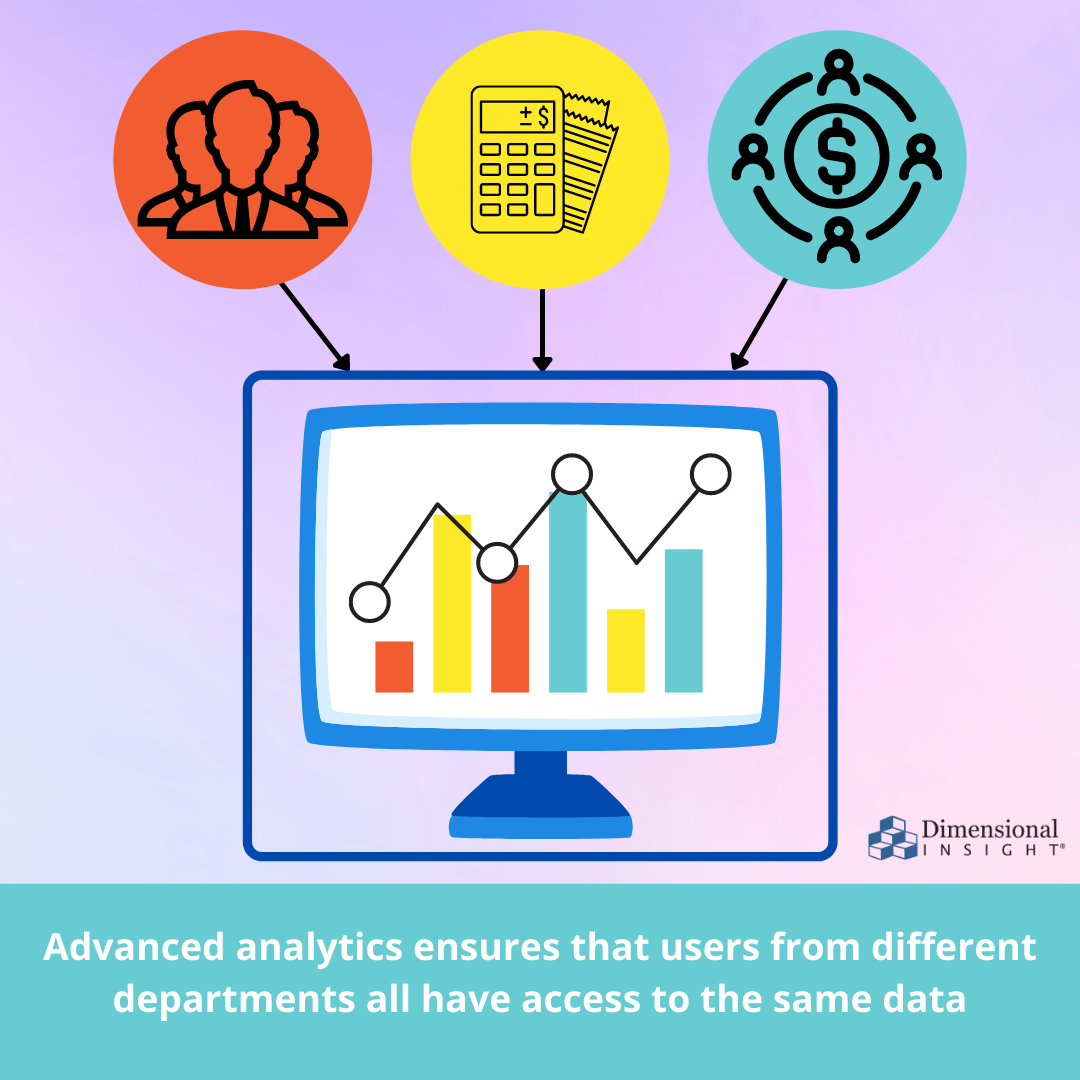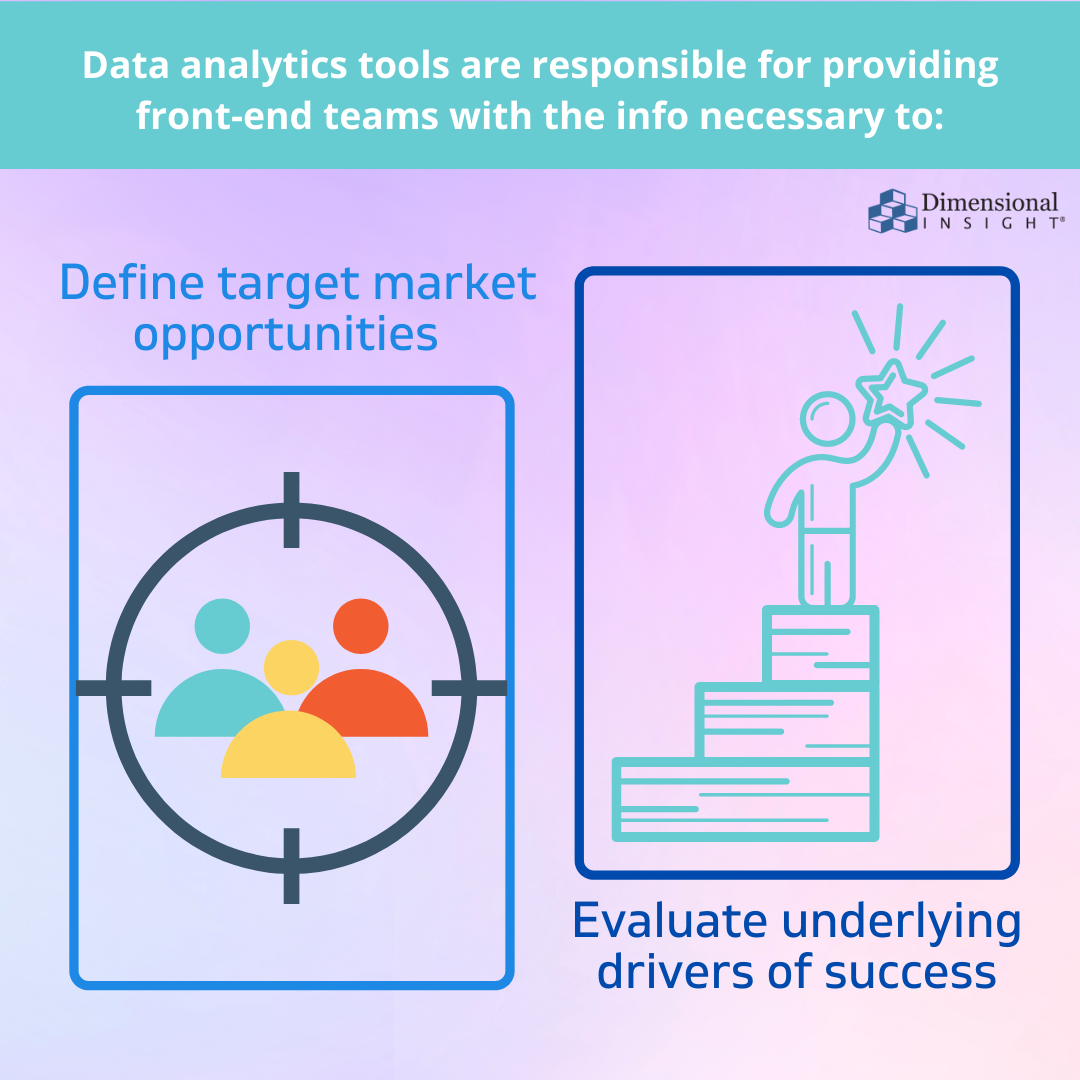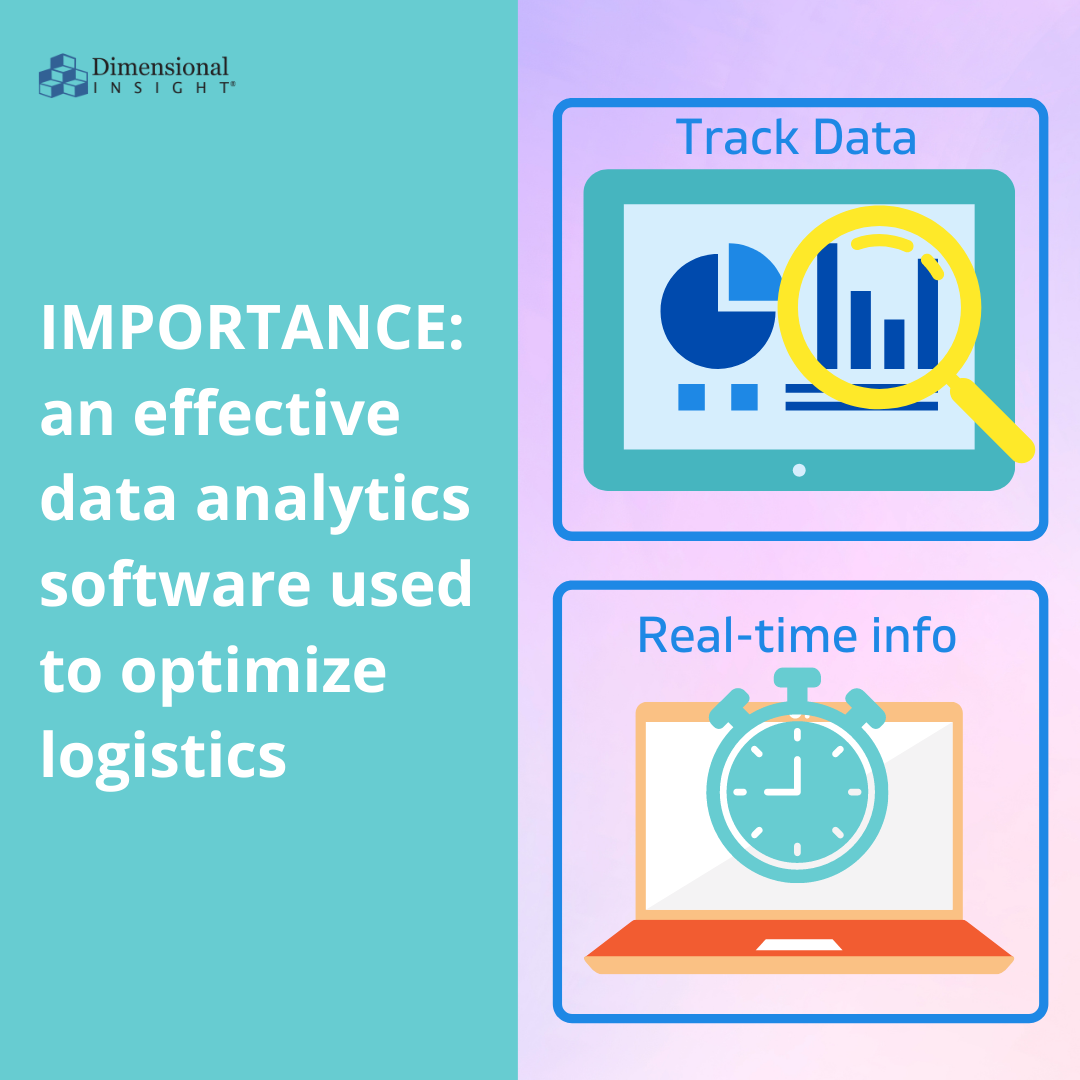A lot has changed in the spirits industry over the past few decades. Whereas most large companies once produced their own alcohol, many of today’s brands no longer rely on having their own distillery. Through outsourcing and improved industry collaboration, businesses are now able to focus more of their attention on building their brand as opposed to production and distribution. For example, George Clooney’s famous Casamigos tequila brand started out in the same distillery responsible for two other tequila giants: Avión and Clase Azul.
The key to a complex network of outsourced services lies in the use of effective business intelligence tools. Through the implementation of modern advances in analytics, upcoming spirits brands can manage their entire operations from conception to the moment it hits store shelves.
Automated financial reporting systems
At the end of the day, a spirits brand is still a business, and that means its primary focus is bringing in revenue for stakeholders. And just like any business that relies heavily on outsourcing, finances can get very complicated, very quickly. Managing financial systems with so many moving parts requires a tool that can track and display consistent information across multiple departments.
Financial data tools such as Dimensional Insight’s General Ledger Advisor™ allow spirits brands to investigate expense and revenue data. With up-to-date key metrics, managers and department heads can better control costs, improve cash flows, and increase productivity. These tools also drastically reduce the amount of time (and resources) required by accountants to process invoices and expenses by automating many of the required tasks.
Additionally, advanced analytics ensures that users from different departments like management, accounting, and sales all have access to the same data. As a brand’s financial network grows increasingly complex, it’s crucial that available data is consolidated and made readily available to those who need it.

Targeted sales and marketing
The main priority of any business is, of course, selling its product. But garnering market support for your brand requires diligence in multiple channels, namely sales and marketing. Whether or not your product succeeds depends largely on the organization and efficiency of your front-end staff. And when so much of your bottom-line is dependent on ensuring that your product is reaching its targeted audience, there’s no room for poor decision-making.
Data analytics tools are responsible for providing front-end teams with the information necessary to define target market opportunities and evaluate the underlying drivers of success. For example, companies can use data analytics to adjust their market approach based on the trends of different geographic locations. Up-to-date market data also allows sales teams to keep up with their competition by setting target retail prices based on competitive unit economics. Outside of sales, marketing teams can use analytics tools to facilitate product promotions and analyze brand performance.

Optimized logistics and supply chain management
At the core of any spirits brand is, of course, a quality spirit. But there are a lot of variables involved when it comes to product development. Not only do you have to account for the actual distilling, but also the bottling, procurement, branding, labeling, and more. Some integrated distilleries provide multiple services bundled into one package, but you are often solely responsible for managing the logistics and supply chain of your product.
This is where the importance of an effective data analytics software becomes evident. An encompassing data tool like the Diver Platform can track data from multiple sources and provide real-time information necessary for making important decisions. By channeling relevant data from warehousing, supply chain, distribution, etc. into one tool, you can drastically reduce both the time and staff required to access key information.
The advantages of an optimized supply chain are critical across the entire company. Keeping too much inventory due to a logistical failure increases storage costs and may result in shelf-life issues, reducing profits and wasting valuable resources. Likewise, too little inventory can result in stockouts and upset customers, compromising the brand’s image, and creating a challenge for sales and marketing.

Conclusion
Advanced data analytics, while key to any spirits brand, is particularly critical for those who lack their own brick and mortar distillery. There is little room for inefficacy in the modern world as customer expectations continue to grow amidst the advancing world. To learn more about the real-world effects of data analytics in the beverage alcohol industry, check out some of our case studies.
- How Spirits Brands Can Improve Brand Loyalty with Data Analytics - January 30, 2024
- The Collapse of Herbl, and How Other Cannabis Distributors Can Avoid the Same Fate - January 24, 2024
- Top 5 Blog Posts of 2023 - December 28, 2023



